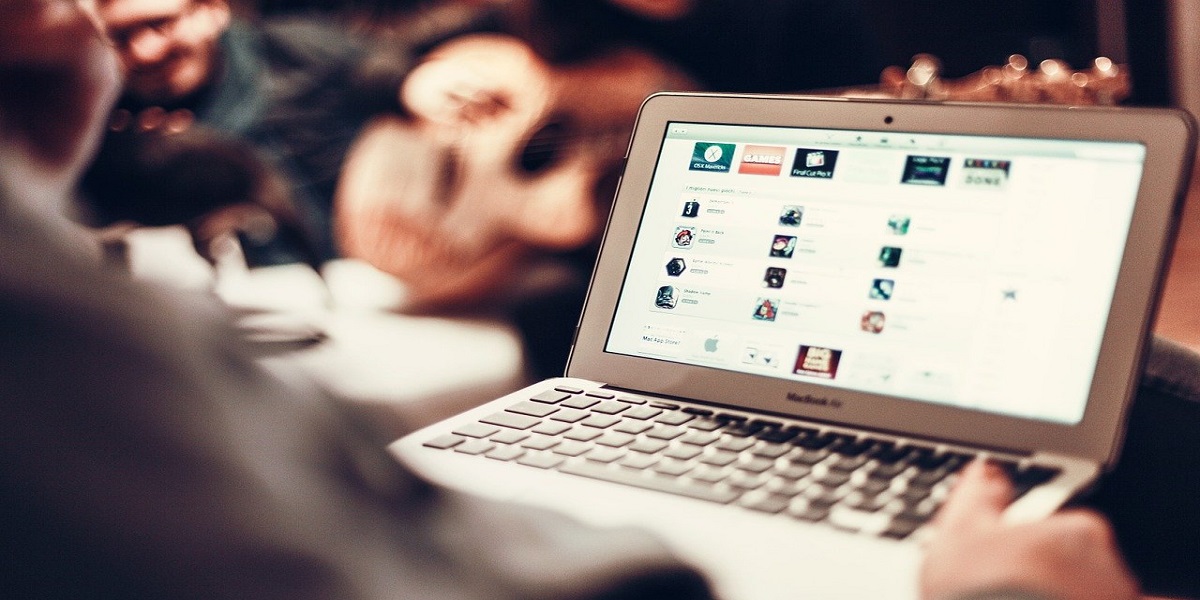Podcasting has been a development industry for quite a long time, and it’s not, at this point, an industry secret that individuals are going to podcasts as a wellspring of info. While some podcasts were regularly a transformation of sorts – radio projects made accessible for download, for example – they are currently progressively utilized as the primary or sole vehicle for makers to contact their audience. What’s more, they’re not only for making sound dramatization, film surveys, or coordinated meetings with big names. According to a PhD dissertation writing service, numerous scholastics and specialists in their fields are making podcasts to convey obvious realities and hypotheses.
Some of them are still transformations of sorts, like conversations around exceptionally respected writings or sound/video accounts of scholarly talks. If it meets similar standards as the typical writing, referring to a podcast can be similarly applicable and acceptable to your scholastic paper. It likewise shows your examination has taken you farther than the standard writings. Luddites and technophobes needn’t be alarmed. Customary, distributed writings will keep on being your primary wellspring of examination, especially since they’re bound to be peer-inspected. However, a very much-picked podcast can carry additional profundity to your exploration, audits, and contentions.
Different Citation Styles:
There are different approaches to refer to a podcast in the scholarly world, regardless of whether it’s for your exposition or a standard paper, and the one you need to utilize will rely upon your scholastic establishment. Accepting that you’re in any event dubiously acquainted with referring to frameworks, this outline will ideally help you join research acquired from podcasts into your scholarly writing.
Harvard:
Also called incidental referring to, the Harvard style is outstanding amongst others known and generally utilized in the scholarly community, regularly utilized by those writing on themes identified with Education, Psychology, and the Sciences. Here’s an invented illustration of how you’d refer to a podcast in your paper utilizing the Harvard framework. Observe that, as should be expected, you can either name the individual in the content or the sections with the time of distribution.
APA:
The American Psychological Association uses a variation of the Harvard standard. The name of the host is mentioned as the author name, then the date or year is mentioned. If the podcast is still on air then mention the starting date only and if it is ended then write both starting date and year and ending date and year in parenthesis. Mention the type of podcast within the parenthesis. After mentioning these details you can paste the link to the podcast. Have a look at these examples.
James K. William (Host), (2013-2014). Silo Effect [Audio Podcast], National Radio.
Fredrick R. Robert (2018-2020), Catherine (2018-present), Switch [Audio Podcast], Public Audios.
MLA:
The Modern Language Association referring style is generally utilized in the Arts and Humanities, and there are surely a lot of podcasts identified with those controls. Observe the time stamp remembered for the citation. To refer to a podcast scene online in MLA style, list the host of the scene as the creator, trailed by the scene title, podcast name, the season and scene numbers if accessible, the distributor, the date, and the URL.
If you need to feature a particular statement in an in-text citation, utilize a timestamp. If you got to the podcast not from a site but rather from an application like iTunes or Spotify, list the application as the adaptation and incorporate whatever data you approach. Subtleties like the distributor and season and scene numbers may be inaccessible on the application; simply overlook them on the off chance that they aren’t recorded.
Chicago:
Starting at the University of Chicago, this framework is intended to recognize a wide scope of source materials utilizing references and is generally utilized for distributed work in the ventures of business, expressive arts, and history. This framework doesn’t recognize books, diary articles, or even online archives, aside from – similar to the case with podcasts – there are no page numbers given. To refer to a podcast with a commentary, you ought to incorporate as much data as possible, including the name of the maker or moderator, the scene title and arrangement name, the date of recording, the date you got to it, its span and its URL.


